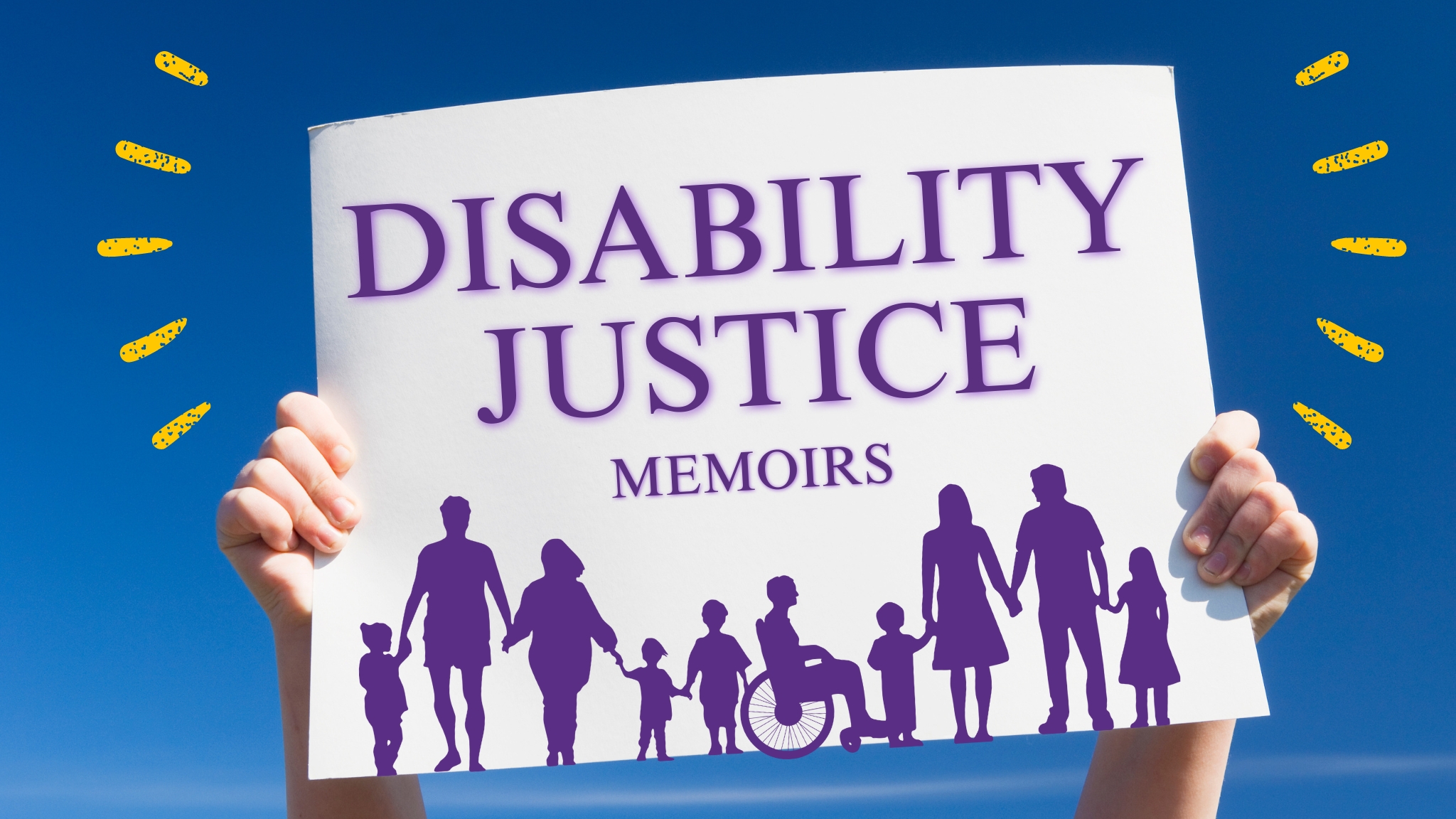Next July is Disability Pride Month. The Americans with Disabilities Act was signed into law on July 26, 1990, and since then, the celebration has spread outside the United States. Of course, it’s never too early to recognize the ordinary people who continue to fight for equality, dignity, independence, and justice for people with disabilities around the world. The disability justice movement has come a long way since then, but there’s still a long way to go.
By listening to the voices and needs of people with disabilities, their families, caregivers, and friends, we can learn how to make a difference. These six memoirs are the perfect place to start. From the joys of success to the frustrations of living in an ableist society, these personal, eye-opening stories of incredible women will inspire readers to join the ongoing fight for justice.
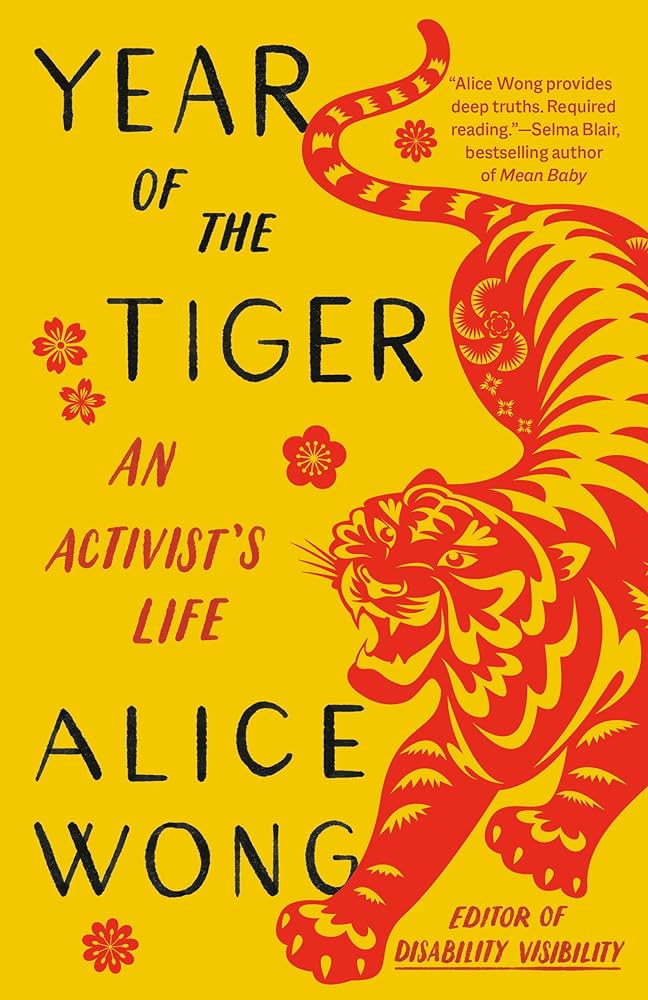
Year of the Tiger: An Activist’s Life by Alice Wong
In Chinese culture, tigers are deeply revered for their confidence, passion, ambition, and ferocity. That same fighting spirit resides in author Alice Wong. Alice uniquely utilises a collection of original essays, previously published works, conversations, graphics, photography, and commissioned work by disabled and Asian American artists to compile a striking scrapbook of her life as an Asian American disability activist, community organizer, media maker, and dreamer. She encourages non-disabled readers to embrace and confront their own ableism and the role it plays in their daily lives.
From her love of food and pop culture to her unwavering commitment to dismantling systemic ableism, Alice shares her thoughts on creativity, access, power, care, the pandemic, mortality, and the future. A self-proclaimed disability prophet, Alice traces her roots, tells her story, and creates a space where people with disabilities can interact with each other and the world. Filled with sharp wit, joy, and rage, Wong’s “Year of the Tiger” offers a glimpse into an activist’s journey to find and cultivate community, and the ongoing fight for disability justice.
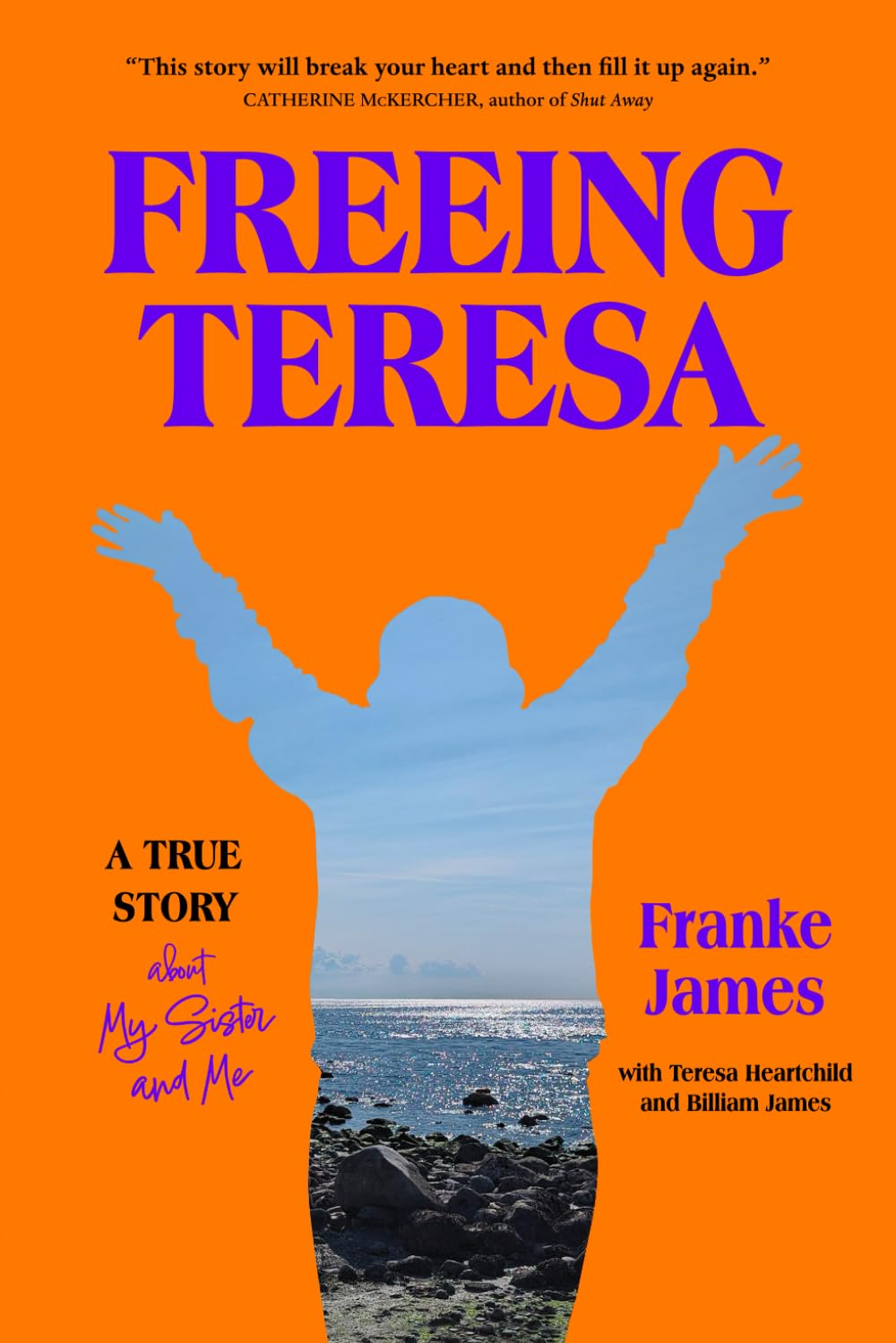
Freeing Theresa: My True Story and that of My Sister by Franke James
For Teresa Hartchild, an artist, advocate, and author with Down Syndrome, being denied the right to choose where she lived changed everything. Her activist sister, Franke James, tells the true story of Teresa’s difficult journey from being wrongfully placed in a nursing home to her eventual rescue.
This memoir depicts complex family dynamics and the harsh ableism faced by Teresa, but it is also a celebration of growth, change and humanity. It is a story of Teresa’s life, her independence, her intelligence and her limitless capabilities. It is also a story of how Franke, her husband Bill, and her and Teresa’s elderly father are determined to document it all, armed with information about Teresa’s rights and Canadian law. They are determined to give Teresa the best life possible, no matter what.
(Read the review and check out our interview with the author.)
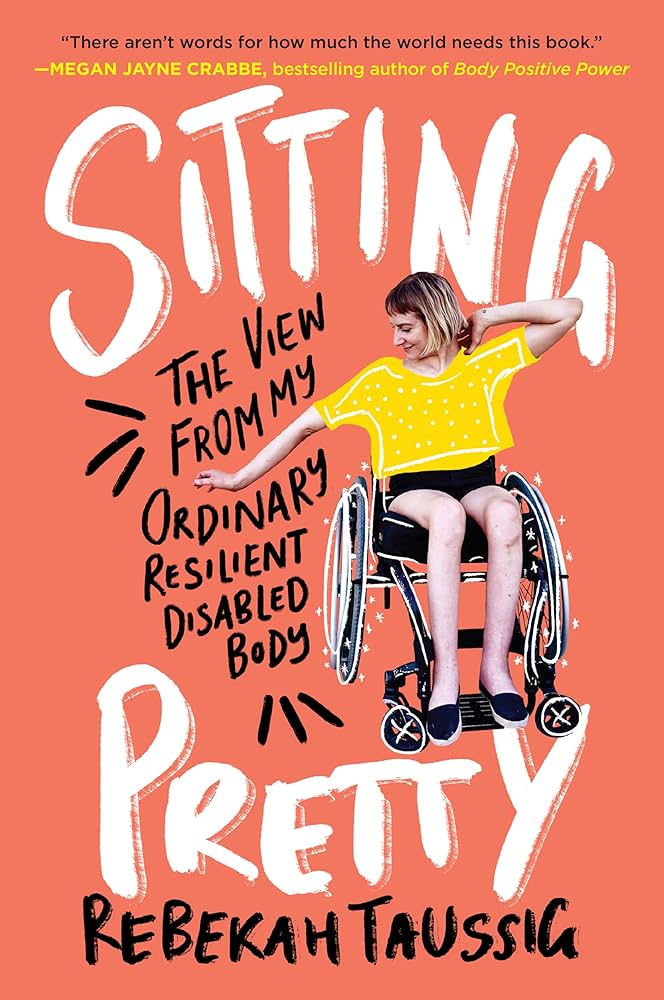
Seated Comfort: A View from My Body with a Normal, Resilient Disability, by Rebecca Taussig
This memoir-style essay by Rebecca Taussig paints a nuanced portrait of a body that looks and moves differently than most. Growing up as a paralyzed girl in the ’90s and early 2000s, Rebecca Taussig never saw disability portrayed the way she experienced it. As she grew up, she craved more stories that acknowledged disability as complex yet normal, uncomfortable yet wonderful, painful yet fulfilling.
Writing about what it means to live in a body that doesn’t fit and in a world that doesn’t make room for you, Rebecca explores everything from the complexities of kindness and charity, living independently and dependently, experiencing intimacy, and the direct impact of ableism pervasive in everyday media on everyday life. Disability affects us all at some point, directly or indirectly. Taussig shows us that we need more stories and more voices to understand the diversity of humanity.
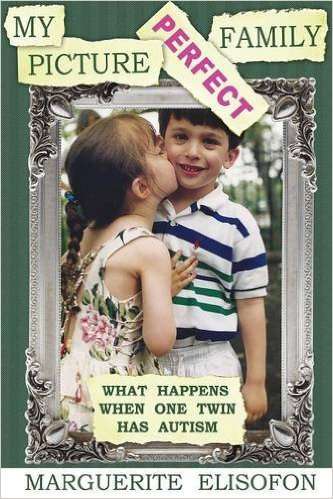
My Perfect Family: What Happens When One Twin Has Autism by Margaret Elisofon
On December 26, 1990, Marguerite Elisofon gave birth to premature twins, Samantha and Matthew. Marguerite and her husband soon noticed that their daughter was lagging behind her brother and learned that Samantha was on the autism spectrum. Most “experts” were not optimistic about Samantha’s prospects for a “normal” life and prepared the Elisofon family for the worst. But Marguerite and her family refused to accept these limitations. Nothing could shake this mother’s determination to keep her family together, and nothing could deter Samantha’s extraordinary tenacity, boundless energy, and drive to succeed.
“My Picture Perfect Family” is a universal story about the struggles and triumphs of a family who decides not to leave any of their children behind. It is a story of unconditional love, a depiction of true parent-child relationships, and a message of hope for all families. Above all, it is a true story about never giving up on your children or your family.
Check out Booktrib’s video interview with the author.
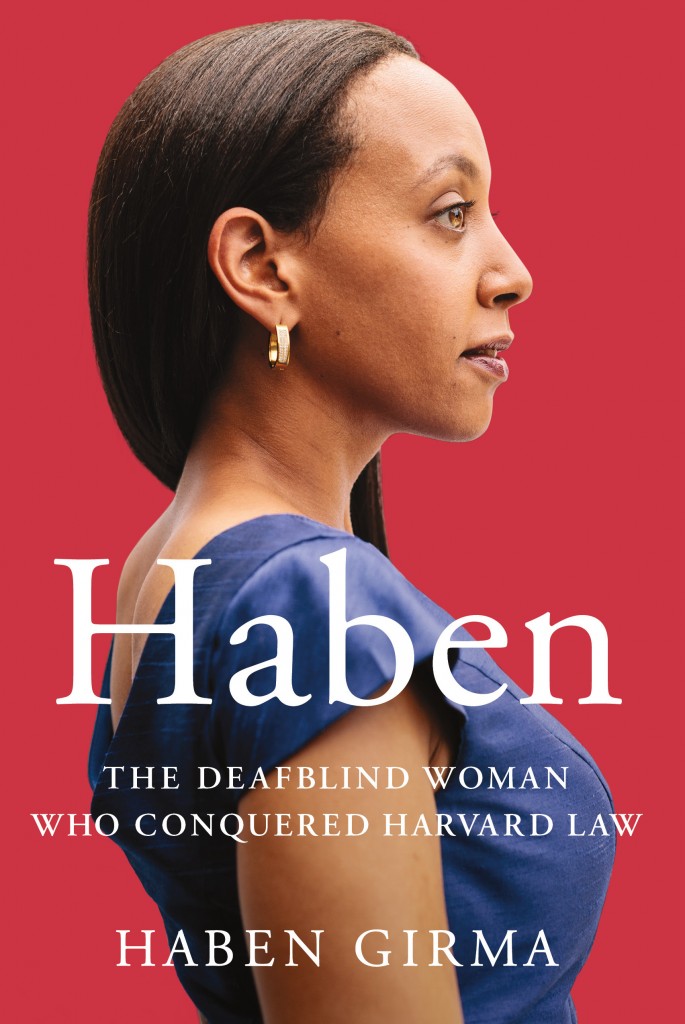
Haben: The Deaf, Blind Woman Who Conquered Harvard Law School by Haben Girma
This memoir tells the extraordinary life story of Haben Girma, the daughter of refugees and the first deaf and blind graduate from Harvard Law School, who embarked on a journey from isolation to the world stage.
Harben sees disability as an opportunity to innovate. He learned every non-visual skill from salsa dancing to using a power saw. He developed a text-to-Braille communication system, creating an exciting new way to connect with people. Harben overcame obstacles to become a pioneer, graduated from Harvard Law School, and is now an attorney who uses his talents to advocate for people with disabilities. With a focus on intersectionality, he advocates for leadership in implementing systemic change across the country.
Haben takes readers on a thrilling game of blind hide-and-seek in Louisiana, a dangerous ice climb in Alaska, and a magical moment with President Obama in the White House. Warm, funny, thoughtful, and uplifting, this captivating memoir is a testament to one woman’s determination to find the key to connection.
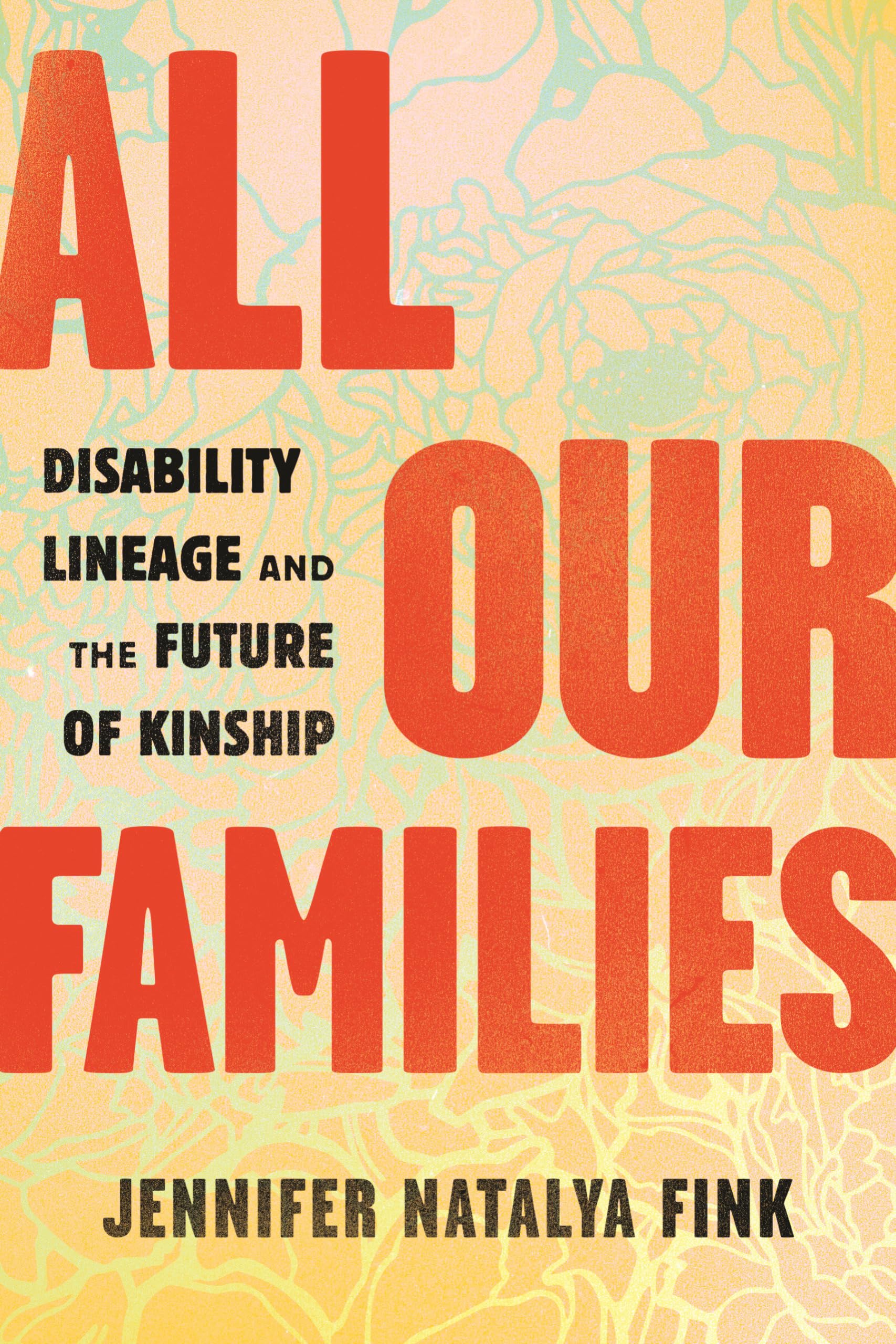
Jennifer Natalia Fink, All of Our Families: Families with Disabilities and the Future of Kinship
In our culture, disability is often represented as a tragedy, a crisis, or an anomaly, yet one in five people worldwide have a disability. Why is this common human experience seen as the exception? In her book, All Our Families, disability studies scholar and mother Jennifer Natalia Fink argues that this stems from family. When we exclude disabled members from family narratives, disability remains a trauma, rather than a normal, shared experience.
Fink weaves together her own family’s disability history with social history research to show how the exclusion of disabled people from family narratives is the result of a racist and sexist care system and a destructive eugenics movement. Fink calls for a genealogy of disability – a reclaiming of disability as history, culture, and identity. The author calls for a radical rethinking of care, family, and kinship relations in relation to disability.

